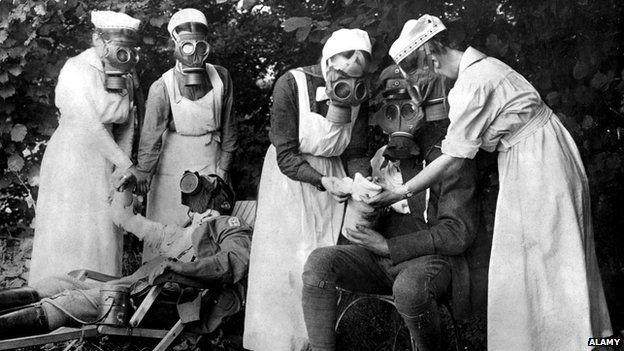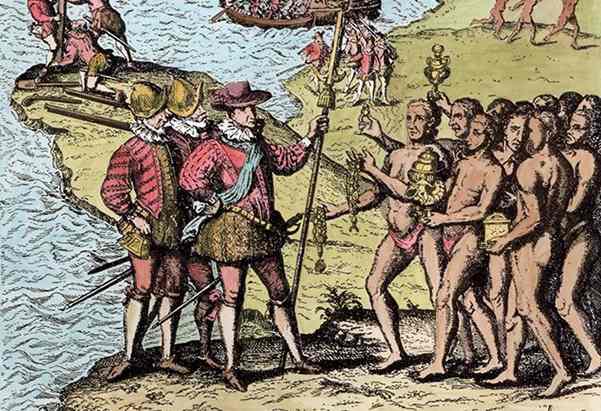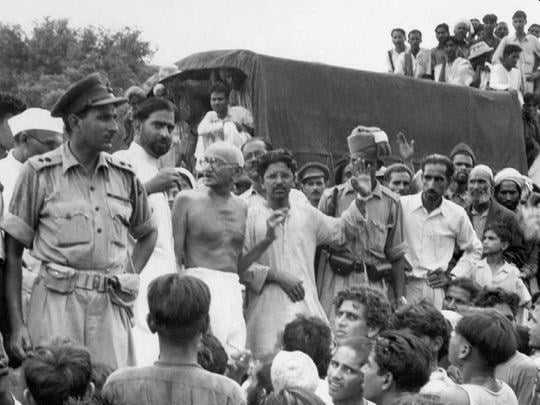Pandemics In History – 9: How They Influenced History

There is a lot of speculation currently about how COVID-19 is going to change our lives and the course of history. But then almost every pandemic has influenced the course of history. Wars were won and lost when pandemics happened. Often more people died from pandemics than from warfare. And if the pandemic affected any army more, it was weakened enough to lose the war. At the same time, armies also had a significant role in the natural spread of pandemics as they travelled to foreign lands and picked up infections for which they had no immunity. This spread easily because they were always herded together in conditions that were not hygienic.
Also Read: Pandemics In History 1: ‘Shipping’ The Virus
Also Read: Pandemics In History 2: Rats And The Plague
Each of the Roman Empires seems to have fallen because of pandemics. When the Roman Empire was at its height in the 2nd century AD, the Antonine Plague happened. It is supposed to have been spread by troops returning from conquest. This weakened the Roman army so much that it led to much instability, civil wars and invasions by barbarian groups and contributed to the end of the Empire. The Roman Empire, however, continued in as the Eastern Roman Empire or the Byzantine Empire, reaching the height of its power during the reign of Emperor Justinian in the 6th century, when the next plague pandemic struck. With Emperor Justinian himself getting affected though he survived, he became weak and abandoned his plans to bring the Roman Empire back together. It also led to weakening of his territories and also caused massive economic struggle. It is also credited with creating an apocalyptic atmosphere that led to the rapid spread of Christianity. The Christianized Byzantine Empire finally came to an end after its forces were devastated by the Black Death, which had struck Constantinople, its capital.

Photo: https://www.sciencemag.org/news/2015/06/how-europeans-brought-sickness-new-world
Sometimes pandemics have decimated entire populations as it happened with the arrival of the Spanish in the Caribbean and in the Americas carrying diseases such as smallpox, measles and bubonic plague that were by then endemic in Europe. With no previous exposure, these diseases devastated the indigenous people, with as many as 90 per cent dying throughout the north and south continents. That is how the mighty Aztec Empire was destroyed in 1520.
Also Read: Pandemics In History 3: From Rats To Bats
Also Read: Pandemics In History 4: A Tale Of Two Countries
History has also changed for the good because of pandemics. Often wars came to an abrupt end because of devastation on both sides. The Black Death in the 14th century led to a truce between England and France in their 100 years war because both England and France were so incapacitated by the plague. Similarly, World War I is supposed to have come to an end because of the Spanish Flu, which devastated the troops of the countries at war.
The famous Exodus in history happened because of plagues. Moses, the prophet of the Jews, had kept entreating the Egyptian Pharaoh to release the Jews he had enslaved but to no avail. Then God, it is believed, sent 10 plagues to Egypt and in the 10th plague, the first born of all Egyptians was affected forcing the Pharoah to free the slaves, thinking that to be the cause. Moses then led the Jews to their Promised Land.
Also Read: Pandemics In History 5: India & Pandemics
Also Read: Pandemics In History 6: Pandemonium In Puri
The Industrial Revolution started in Europe, particularly England because of the plague of the 14th century and its re-manifestation in the great plague of London in 1665. As a result of the plagues, the British feudal system collapsed. With acute manpower shortage, the labourers started demanding higher pay and it changed the economic circumstances. The subsequent use of agricultural technology to avoid high wage labour led to the Industrial Revolution.

The Spanish Flu had a significant impact on the course of the freedom movement in India as well. Everyone talks about how Mahatma Gandhi changed the Congress from an elite party to a grassroots movement that forced the British to give Independence. What people do not talk about is how the grassroots support happened with the goodwill earned by the revolutionaries as they volunteered to help the sick during this pandemic that had hit India the most. The Spanish Flu also united Indians in anger against Britain, which seemed to care little for the disease stricken Indians at a time of war.
Maybe this pandemic will also change our lives for the better. Time will tell but we can lead towards it.
Also Read: Pandemics In History – 7: Pandemics And Persecution
Also Read: Pandemic In History – 8: Disease As Weapon

Comments are closed.